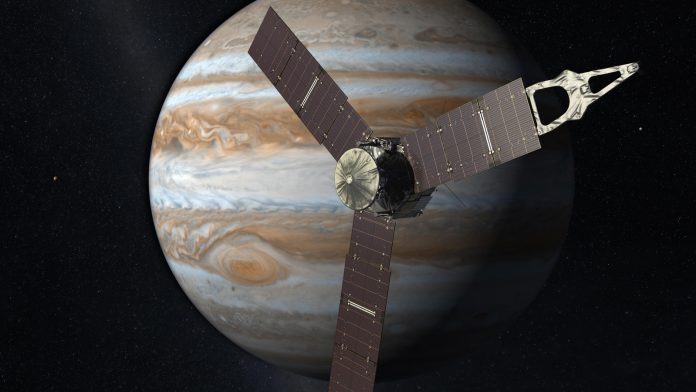Assocham proposes to set up National Data Bank
- Industry body Assocham has offered to set up a National Data Bank containing information about electronic transactions
- This can be used by the government for official purposes, like issuance of passports as well as protecting the country’s strategic interests.
- The proposal involves creation of a Central Co-ordination Committee, under guidance of National Security Council Secretariat (NSCS).
- The chamber pointed out that data which is non-sensitive in nature could be used by the public for scientific, economic and developmental purposes.
- The industry body noted the current regime of Big Data Management does not enable efficient, open sharing and interoperability of government-owned data with different inter and intra government agencies.
- This calls for need of creating cyber National Data Bank of e-Information of classified heritage documents for National Archive with the aim to promote open data sharing and access to Government of India owned data for national planning, research, development and most importantly in the interest of national security.
- The benefits of establishing the Data Bank include filtered and structured content ready to use by different agencies; non duplication of information of national importance and reduction of cost; quick and efficient decision-making in national interest; clear IPR and ownership of data and records; trend forecasting and demographic use of data; streamlining of procedures, etc.
Another terrorist attack in Baghdad
A suicide car bombing claimed by the Islamic State (IS) ripped through a busy Baghdad shopping district, killing at least 119 people in the deadliest attack this year in Iraq’s capital.
The blast hit the Karrada district early in the day as the area was packed with shoppers ahead of this week’s holiday, marking the end of the Muslim fasting month of Ramadan.
The attack came a week after Iraqi security forces recaptured Fallujah from the IS, leaving Mosul as the only Iraqi city under the jihadist group’s control.
IS issued a statement claiming responsibility for the suicide bombing, saying it was carried out by an Iraqi as part of the group’s “ongoing security operations”.
The jihadist group said the blast targeted members of Iraq’s Shia Muslim majority, whom the Sunni extremists consider heretics and frequently attack in Baghdad and elsewhere.
Bombings in the capital have decreased since the IS overran large areas north and west of Baghdad in June 2014, with the jihadists apparently occupied with operations elsewhere.
All about NASA’s Jupiter mission by numbers
- Juno is scheduled to perform a move to enter orbit around Jupiter to explore its cloud-covered atmosphere and interior makeup.
- 8 billion Kilometres: That’s the total distance travelled from launch to arrival. Juno’s journey wasn’t a straight shot.
- 5,000 kilometers: That’s how close Juno will get to Jupiter’s cloud tops.
- 48 minutes, 19 seconds: That’s the time it takes for radio signals from Jupiter to reach Earth. During the encounter, Juno will fire its main engine for about a half hour to slow down.
- 20 months: That’s how long the mission will last. Since Juno is in a harsh radiation environment, its delicate electronics are housed in a special titanium vault. Eventually, Juno will succumb to the intense radiation and will be commanded to plunge into Jupiter’s atmosphere to avoid any collision with the planet’s moons.
- Nine: Juno carries a suite of nine instruments to explore Jupiter from its interior to its atmosphere. It will map Jupiter’s gravity and magnetic fields and track how much water is in the atmosphere.
- Three: Three massive solar wings extend from Juno, making it the most distant solar-powered spacecraft. The panels can generate 500 watts of electricity, enough to power the instruments.
Vishwanathan is a new RBI Deputy Governor
- S. Vishwanathan took over as the new Reserve Bank of India Deputy Governor. He was Executive Director with the central bank before his elevation and replaced Harun R. Khan, who retired on turning 62.
- As Deputy Governor, he will look after Department of Banking Regulation (DBR), Department of Co-operative Banking Regulation (DCBR), Department of Non-Banking Regulation (DNBR), Deposit Insurance and Credit Guarantee Corporation (DICGC), Financial Stability Unit (FSU), Inspection Department, Risk Monitoring Department (RMD) and Secretary’s Department.
- Vishwanathan was the RBI nominee on the board of directors of three public sector banks at different points in time. He was also the chief vigilance officer and head of internal audit, IFCI.
- The central bank has four Deputy Governors — two from within the ranks (the other being R. Gandhi) and one commercial banker (S.S. Mundra) and an economist to head the monetary policy department (Urjit Patel).


















